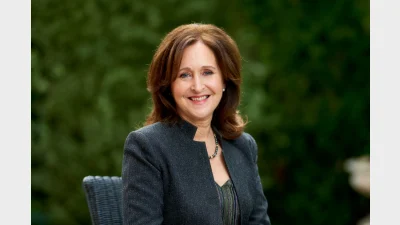12 per cent superannuation guarantee just the beginning
A 12 per cent superannuation guarantee (SG) is a good "staging point", but individuals need to save closer to 20 per cent of their income to meet their retirement needs, according to BNY Mellon Asset Management Asia Pacific chief executive Alan Harden.
Harden said that while the Australian superannuation system was a leading example for the rest of the world, it had by no means reached an end point.
"People do need to save more than 12 per cent to successfully retire. If you're running a defined benefits scheme generally you're putting 20 per cent of an individuals' salary away and more as they get older," Harden said.
He said that the extra savings could either be mandated by the Government in the form of a higher SG or simply advised - although he added that people would prefer it be mandated.
Harden also voiced concerns about the intermediated nature of the retail funds management market in Australia, which he said increased costs for the end investor unnecessarily.
"Every aspect of the market is intermediated. And what I mean by that is advisers, platforms, as well as the manufacturers, all require ratings in some form," Harden said.
He said that Government proposals such as MySuper and the Future of Financial Advice could help solve the problem.
"That intermediation is obviously under review in trying to get the cost to the customer down, and I think that's a very positive thing for the long-term growth of the industry. It will likely cause some consolidation, which will be beneficial I suspect," Harden said.
Recommended for you
An Australian superannuation delegation will visit the UK this month to explore investment opportunities and support local economic growth, job creation, and long-term investment.
An ASIC review has identified superannuation trustees are demonstrating a “lack of urgency” around improving their retirement communication and still taking a one-size-fits-all approach.
Superannuation funds have welcomed the boost that Treasury’s improvement on the Low-Income Superannuation Tax Offset will have for women and younger members.
The proposed changes to the Low-Income Superannuation Tax Offset (LISTO) has been applauded by the superannuation sector.









